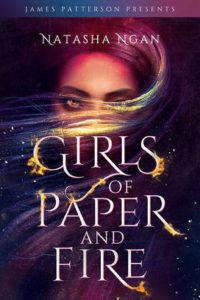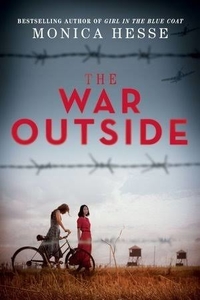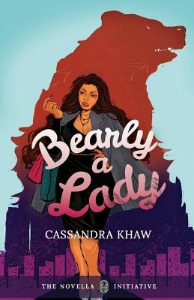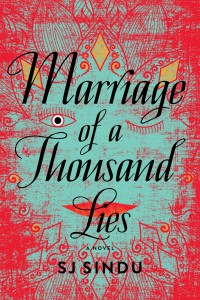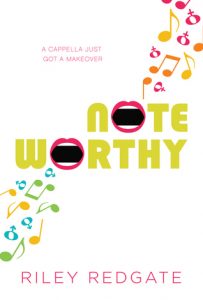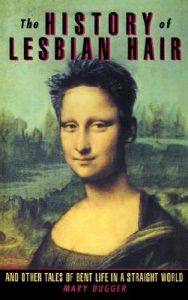“Even that which seems impossible at first, may be overcome with strength of mind and heart”
Girls of Paper and Fire, the first book in a fantasy series, follows Lei, a paper cast girl, who is forced away from her home to go and serve the king as a papergirl.
Lei’s birth pendant still hasn’t opened, since she is not 18. She wishes for a quiet life in her village, but that seems to not be in store for her. In a world where paper cast are at the bottom on the chain, under steel cast and especially moon cast, she has to continuously struggle to fight, to hold her own while being careful not to end up dead. This proves to be difficult, but Lei is stubborn and enjoys her freedom.
Lei is taken from her home, coerced to leave, to become a papergirl because of her unique golden eyes. The bull king is rather superstitious and the general who kidnaps her wanted to score points with the heavenly king. Lei has no choice. However, she vows to go back to her family and find out what was her mother’s fate.
Lei meets the other papergirls. Among them, there is Aoki, who she feels protective of, and Wren, who she is immediately intrigued by, but it takes them a while to open up to each other. Both have secrets which they protect and hold close to themselves.
Lei wants to be strong and free, but she has to battle a lot of guilt. She feels like a traitor to her own people even though she did not have much of a choice.
This books will make you angry. A lot. First of all there is sexual assault and sexual coercion, not just on Lei but many girls. There is a sense of hopelessness, especially for the paper cast. The king and moon cast demons are too powerful and they abuse this power, at least most of them. Lei is told several times that she is no better than her job as a papergirl – a job that entails serving the king in and out of the bedroom and attending to the court. She is also called a whore several times even though she had no choice… She is also told several more times that she should be grateful since being a papergirl is prestigious and at least she’s not just a common prostitute. Moon cast also have a lot of entitlement, and there is a societal hierarchy that is usually enforced, with some exceptions. Be warned there is off screen rape and a lot of sexual assault. It’s not romanticised.
While this book will make you angry, it will make you angry for all the right reasons. Because it’s not right, how she and other paper casts and women are treated. It’s also realistic while being fantasy, because these things do happen – in society, people of different casts, ethnicities, etc are discriminated against. Powerful people do abuse their power (and possibly lost a bit of sanity along the way) and double standards – damned if you do, damned if you don’t – do happen in real life. In this world there are also double standards for queerness, which happen in real life too, because while males are accepted, female couples aren’t even thought of. While Moon casts are usually depicted as discriminatory, we meet different Moons that are kind and show us that not everything is black and white.
There is slow but strong character development and the budding feelings between Wren and Lei are slow but so worthwhile. Wren’s character is intriguing. While at first it may seem that Lei could develop feelings for her captor (she first describes the king as handsome), don’t worry: this won’t happen. There is lesbian activity! It just takes her a while to realize her feelings for Wren. With her growing romantic feelings, there is a growing sense of rebellion.
There is a sense of found family, and the story shows that even in darkness there is hope. Lei makes friends, and she learns to be stronger, despite all the things that keep on bringing her down.
As almost all magical fantasies plots, there is a prophecy: a prophecy of fire and redemption. The plot overall is solid. The characters are diverse (not just in their demon/non-demon forms), and the setting is a fantasy Asia, not Europe.
Since this book is part of a series, the epilogue introduced a fact that I guess will lead to the second book. The only thing that I didn’t like was the too-long flight scene towards the end, but apart from that, even the abuse that got me angry had a purpose in the plot. I’d like to see what happened to the other papergirls, but I am not sure if we’ll get to see that.
I recommend this book for anyone that likes fantasy and can stomach sleazy and discriminatory characters and practices.

